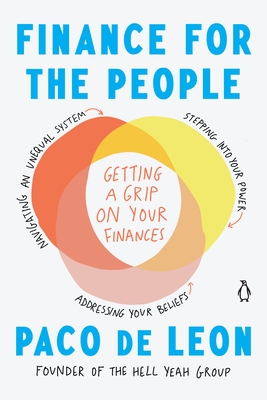What do you think?
Rate this book


384 pages, Paperback
First published February 1, 2022
When we emphasize ways to reduce spending over finding ways to expand income, we are choosing to think in terms of scarcity instead of abundance. This can result in locking your mind into believing that earnings are fixed; that it is determined by someone else and that you have no control over it... [B]egin to entertain the possibility that you can absolutely negotiate a pay raise, find a job that pays more or create your own employment.
When you're truly wealthy, your financial security doesn't depend solely on the income you get from a paycheck. This is what independent means in the term "financially independent." Your financial security is independent of a paycheck from a job. When you're genuinely wealthy, earning money isn't dependent on working. The whole point of saving and investing is this idea that at some tipping point, your income will actually come from your wealth instead of your wealth being built by your income.